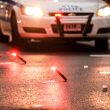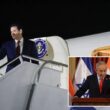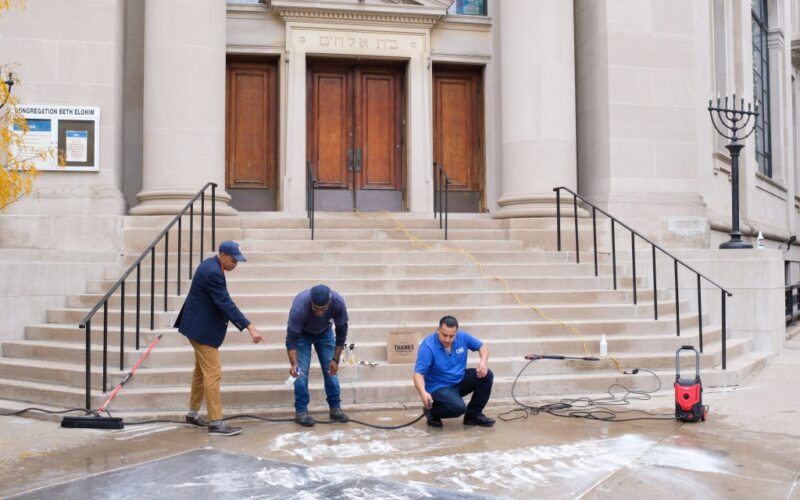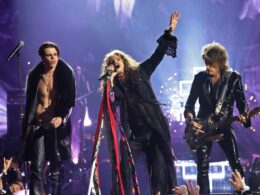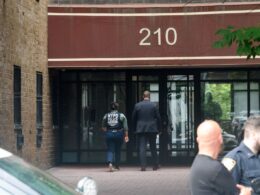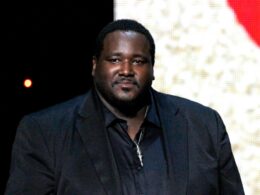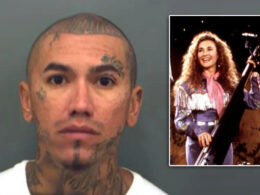Since the start of this war in Gaza, I’ve realized something tough: I don’t feel at home in New York City anymore, the place where I grew up. When I share this, people look confused. “But NYC has the largest Jewish population outside Israel,” they say. But that doesn’t change how deep the fear runs. Many Jews here feel unsafe, and I’m one of them.
I used to walk the streets of this city, feeling part of something bigger — a city where diversity wasn’t just tolerated; it was celebrated. My Jewish identity wasn’t something I thought twice about. And now, when I ride the subway, I hide my Star of David necklace. I glance over my shoulder when I speak Hebrew on the phone with my mom. The New York I loved is still here, but now it feels like I must navigate it cautiously.
As a survivor of the Oct. 7 Nova massacre, I know what it’s like to live with that kind of fear. It’s not just a political issue, it’s personal. The violence and hostility we see today are reminders of what can happen when hatred goes unchecked. Figures like Zohran Mamdani want to spread a mindset that could put our community at even greater risk. The idea of him as mayor makes me worry for my family, my friends, and all the Jews in New York.
When asked about the slogan “globalize the intifada,” Mamdani gave a full defense. He described it as a legitimate expression of Palestinian rights.
But let’s be clear about what that phrase means. The intifadas were marked by bus bombings, shootings in marketplaces, and the murder of children. “Globalizing” that isn’t just provocative rhetoric, it’s a call to bring that violence to cities like ours. As a survivor of that very kind of terror, I find it chilling that someone who could be our next mayor would normalize or embrace that message. This difference isn’t a polite policy disagreement; it’s a moral red line.
Lately, the rise in attacks on Jews in New York has been alarming. We’re seeing physical assaults on the street targeted at people just for being Jewish. There have been instances where Jewish-owned businesses, like restaurants and shops, have been vandalized.
The violent rhetoric that Mamdani embraces leads to real threats to our safety and livelihood. When I see antisemitic graffiti in places like bathroom stalls, I wonder if they are still nearby. I can’t help but think: if they knew who I was, would they feel emboldened to attack me?
In just the first three months of 2025, the NYPD recorded 74 antisemitic hate crimes across the five boroughs — 20 in January, 23 in February, and 31 in March. These aren’t isolated incidents. They reflect a pattern of growing hostility.
When I express my concerns, I often get a dismissive reaction. How can I feel unsafe here?” Simply, the brainwashing runs deep. Many overlook the reality we face. We’re not just numbers but individuals with real lives and experiences.
The city I grew up in was a mix of cultures, where different communities lived side by side. However, as tensions continue to rise and divisive phrases become increasingly common, that sense of safety feels lost.
It’s crucial for all New Yorkers to listen to those who feel threatened. Acknowledging our fears doesn’t divide us; it’s a step toward making the city safe for everyone. We must come together against hatred and violence, no matter our backgrounds.
I still believe in this city. I believe in its power to learn, listen, and do better. That safety must not just be a privilege for some, it must be a promise to all. For Jews. For Muslims. For everyone. That starts with rejecting those who excuse violence against any group. We can rebuild the trust that’s been shattered, but only if we choose leaders who value every life and fully condemn every form of hate.
New York City must be a safe place for all its residents, and we must work together to make that a reality. Then we can rebuild the sense of security in this metropolis that has gotten further and further away.
Sanandaji is a survivor of the Oct. 7 Nova music festival massacre and a public affairs officer for the Combat Antisemitism Movement.

